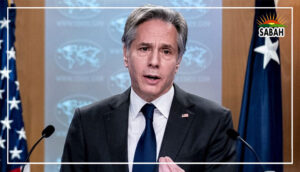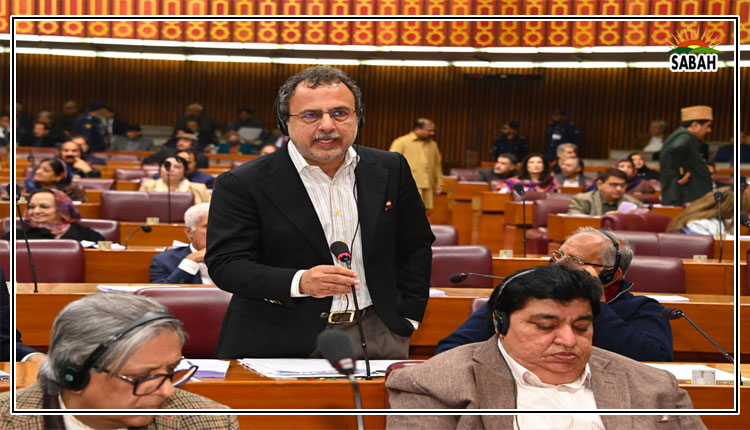Green shields…Jamil Ahmad
THE sizzling heat that parts of Asia and other regions are grappling with is a phenomenon that is now far from a climate anomaly; it is becoming the new norm. This extreme weather carries grave socioeconomic implications, claiming lives and leading to health problems that affect daily lives, jobs, and productivity. This year is set to become the hottest on record, and if current trends continue, the record may not stand for long.
Trees and green cover are part of natures way of protecting humans and other species from extreme heat while providing essential ecosystems. Forests absorb large amounts of carbon dioxide, reduce risks from floods and landslides, and increase environmental resilience to climate change. Beyond sequestering greenhouse gases, forests offer multiple services vital for planetary health and human well-being, including water, clean air, food, biodiversity habitats, and recreational spaces.
A staggering 1.6 billion people directly depend on forests, as do countless animals, plants, insects, and other species. However, this dependence is threatened by rapid deforestation, with around 10 million hectares (25m acres) lost annually. This rate of deforestation not only threatens biodiversity but also disrupts life-supporting ecosystem services.
Approximately 4bn hectares (9.9bn acres), or 31 per cent, of the landmass is covered by forests. However, this green cover is unevenly distributed. According to FAOs State of the Worlds Forests report, just 10 countries account for 66pc of global forests. The remaining are scattered across more than 180 countries. Many developing countries with insignificant forest cover are at a disadvantage in combating environmental degradation.
Pakistans already meagre forest cover is dwindling fast.
The vulnerability of these developing countries to climate change is amplified if they suffer from high levels of deforestation, a major contributor to rising temperatures, especially in regions with low forest cover.
With the global population expected to reach 10bn by 2050, the demand for food will rise. Two-thirds of the worlds accessible freshwater is sourced from forested watersheds and wetlands. However, land-use changes such as clearing forests for agriculture to boost food production are flawed strategies. Without sustainable forests, prolonged high temperatures will dry up the soil, reduce crop yields, jeopardise food security, aggravate water scarcity and increase inequality.
Conserving biodiversity is another critical aspect of forests roles. They provide habitats for plants, pollinators, and animal species, and act as barriers to wildlife interaction with humans, thus intercepting zoonotic diseases.
Pakistans meagre forest cover, less than 5pc of its area, is dwindling fast due to deforestation at an annual rate of 0.75pc, the highest in the region. The country loses 27,000 hectares (66,000 acres) of forest per year to land-use changes and unregulated logging. Deforestation increases the risk of landslides in mountainous terrains and endangers exotic birds and wildlife. The beautiful high-altitude pheasant Himalayan monal, once abundant in mountain forests, is rarely spotted anymore.
As a party to UN environmental conventions, Pakistan must utilise this multilateral mechanism for long-term action to halt deforestation. At the local level, improving forest management and promoting sustainable business practices that benefit local communities is imperative.
Building on earlier declarations, 145 countries at the UN Climate Change Conference in 2021 committed to halt and reverse forest loss and land degradation by 2030. However, little progress has been made on this and a UNEP report released last month found that countries are falling short of meeting the agreed target to stop deforestation. The report outlines that pledges to reduce deforestation and financially support this transition from developed countries are insufficient to halt deforestation by 2030. This shortfall will worsen the climate and biodiversity crisis and exacerbate poverty.
The report recommends developing long-term integrated policies to reduce deforestation and emphasises empowering local communities to manage their lands as a proven strategy to protect forests within their lands. Noting that deforestation is driven by complex interaction between global, national, and local factors, the report calls for coordinated action to conserve forests for the sake of people, climate, and nature.
The escalating heatwaves and their socioeconomic ramifications underscore the urgency of addressing deforestation and promoting sustainable forest management. As the world faces unprecedented environmental challenges, preserving and restoring forest ecosystems is imperative for a sustainable future.
Courtesy Dawn












